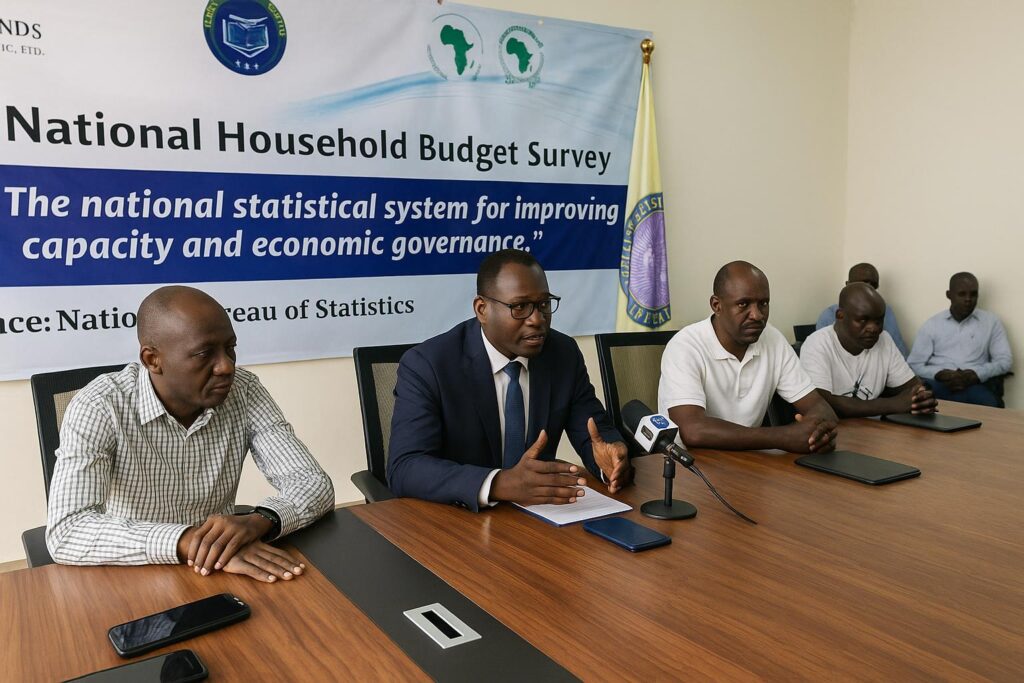Growing Demand for Data Skills
Brazaville’s statistical agency has unveiled a nationwide traineeship in demography, health, and gender metrics. Officials say the programme will shape a cadre of analysts able to translate raw numbers into policies aligned with President Denis Sassou Nguesso’s development agenda.
Inside the National Statistics Enhancement Programme
The six-month course, hosted by the National Institute of Statistics and Economic Studies, blends classroom theory with field surveys in rural districts. Trainees learn coding, data cleaning, and visualisation before deploying tablets to collect household information during the 2024 socio-economic census.
Director General Armand Mombéri called the initiative “a strategic investment in human capital” during Friday’s launch ceremony in Brazzaville’s Talangaï district stadium (official communiqué, 2024). He said graduates will reinforce ministries, universities, and private firms hungry for reliable, disaggregated figures.
Youth Voices and Early Feedback
Twenty-three-year-old mathematics graduate Laetitia Ngoma said the programme offers “a bridge between theory and national service”. She hopes to specialise in gender-responsive budgeting after completing modules on SDG indicators and microdata management.
Civil society analyst Davy Makosso applauded the government for widening access, noting that fifty percent of the first cohort are women from interior departments. “Balanced representation improves data quality and policy fairness,” he argued in a radio interview on Radio Mâ Loango.
Regional Context and Continental Goals
Across Central Africa, demand for statisticians has surged as states adopt the African Union’s Data Policy Framework. Congo-Brazzaville, already chairing the Economic Community of Central African States in 2024, views the traineeship as a lever to meet regional reporting obligations within tight deadlines.
The World Bank’s ‘Data for Better Lives’ assessment ranked national statistical capacity in the sub-region as moderate. Officials in Brazzaville aim to push the country into the upper tier by 2026, citing forthcoming investments in cloud servers and open-data portals.
Challenges Ahead and Support Mechanisms
Financing remains a hurdle. The public purse covers tuition and stipends, yet equipment costs depend on external partners. UNICEF and the African Development Bank are reviewing grant proposals, while local tech start-ups pledge second-hand laptops to keep training uninterrupted.
Observers stress the need for retaining talent. “We must create clear career pathways inside the civil service, or we risk losing freshly trained analysts to multinationals,” warned economist Blanche Okemba during a panel hosted by Marien Ngouabi University.
For now, enthusiasm is palpable. As the inaugural class settles into labs lit by new fibre-optic connections, Congo-Brazzaville signals that evidence, not guesswork, will underpin its march towards inclusive growth.


